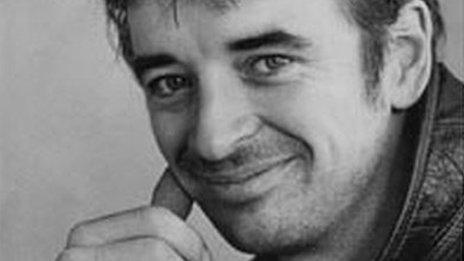Families of British people killed in Goa urge against travel there
- Published
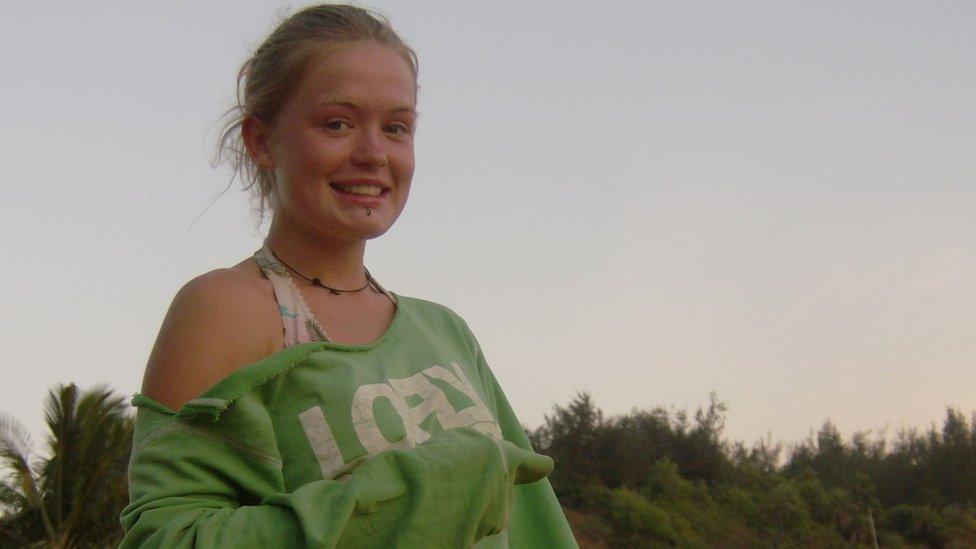
Scarlett Keeling was found dead on Anjuna beach in Goa in February 2008
Relatives of travellers killed in Goa have said the government should tell people not to visit the Indian state.
According to Foreign Office records, external, 59 British travellers died in Goa between 2009 and 2016. There have been other deaths and sexual assaults since then.
Fiona MacKeown, mother of Scarlett Keeling, 15, who died there in 2008, said: "People should be told not to go until the violence is sorted out."
The Foreign Office said its travel advice was "under constant review".
The Indian government said it had been taking steps to ensure the safety of tourists in Goa.
'More stringent'
Ms MacKeown, campaigning with the relatives of eight victims including Denyse Sweeney, Danielle McLaughlin and Martin Neighbour, said: "The warnings are not strong enough.
"We would have been more careful if they had been more stringent and unfortunately lots of us are in the same boat."
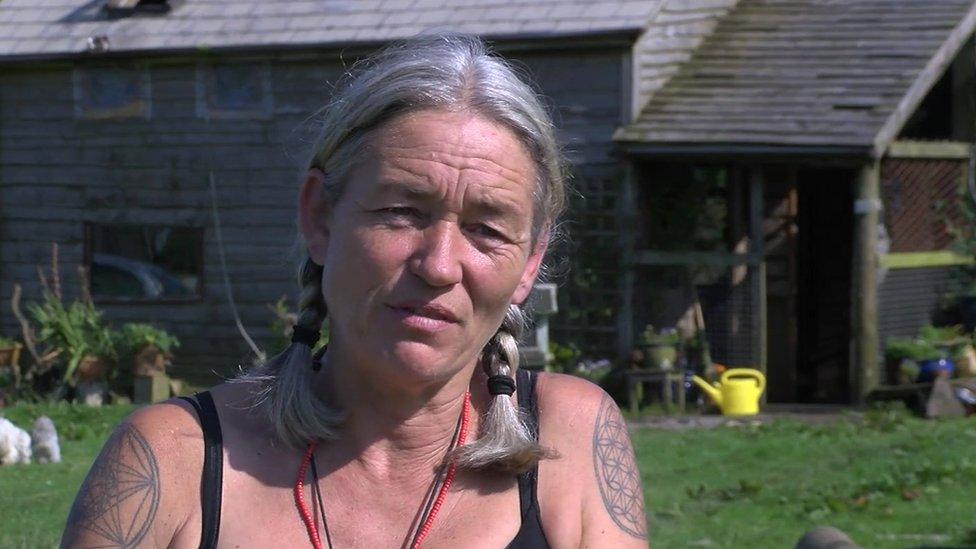
Fiona MacKeown said: "The warnings are not strong enough"
Scarlett, from Bradworthy in Devon, was found dead on Anjuna beach in Goa in February 2008.
Ms MacKeown had taken her boyfriend and nine children on a six-month holiday to the state in south west India, which is popular for its beaches and winter sun.
Two men charged with killing Scarlett were acquitted in 2016 but the acquittal is currently being appealed against at the Indian High Court.

Denyse Sweeney
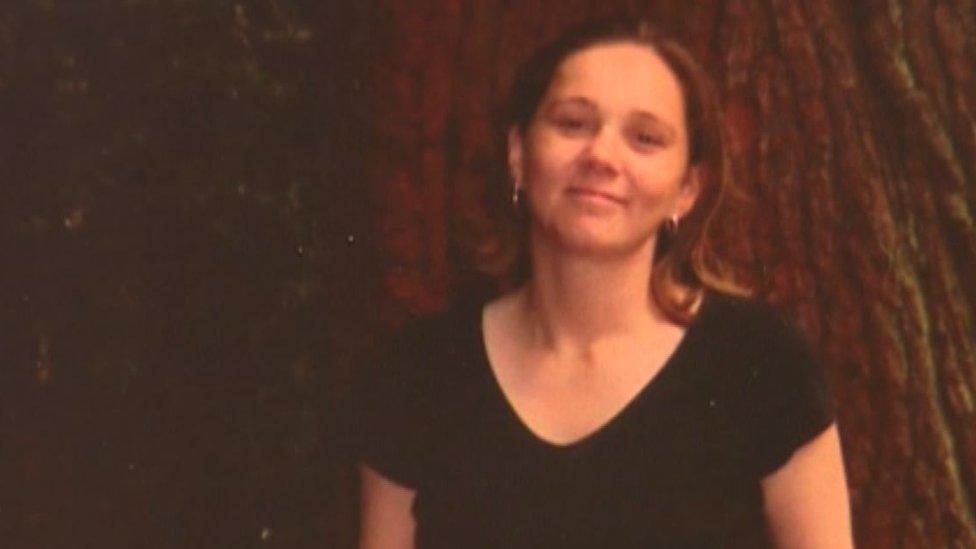
Denyse Sweeney, a fun-loving "hippie soul" according to her family, died in Goa in 2010
Denyse Sweeney, 34, from Derby was found "in a distressed state" outside a bar in Goa in the early hours of 16 April 2010.
Ms Sweeney, a fun-loving "hippie soul", according to relatives, was later declared dead in hospital.
Her family believe she had been hit over the head by someone in the bar but no-one has been arrested or charged.
Maureen Sweeney, one of her two older sisters, said: "Murderers continue to walk free and until there is a proper warning from the Foreign Office, they have a clear message that nothing will be done about it.
"There is a seedy underbelly and women are incredibly vulnerable there."

Danielle McLaughlin
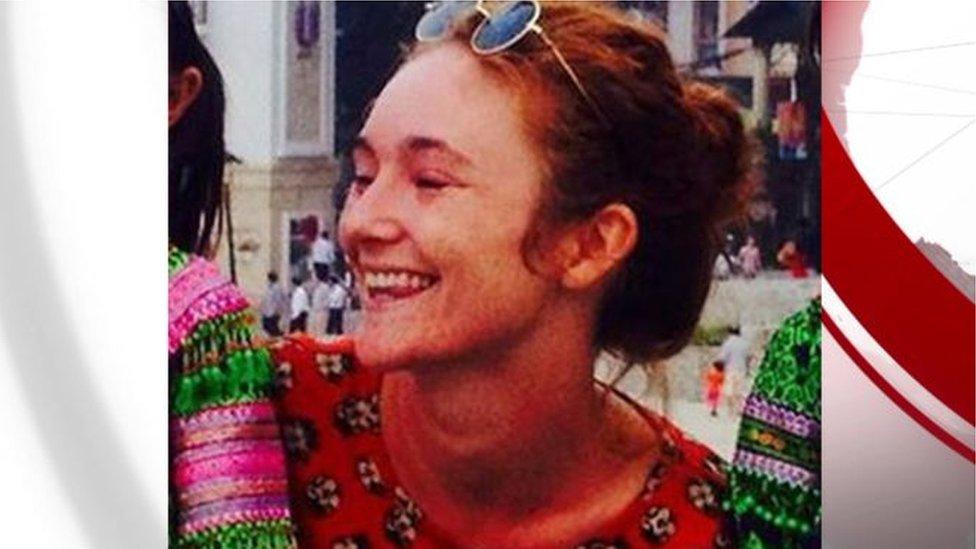
Danielle McLaughlin was killed while on holiday in western Goa in March 2017
Irish-British national Danielle McLaughlin, 28, from County Donegal in the Republic of Ireland, was killed while on holiday in western Goa in March 2017.
Her body was discovered by a man in an isolated field, close to tourist resorts in Canacona.
A post-mortem examination found the cause of her death was brain damage and strangulation.
The trial of a 24-year-old Indian man accused of raping and murdering her started last year.

Martin Neighbour
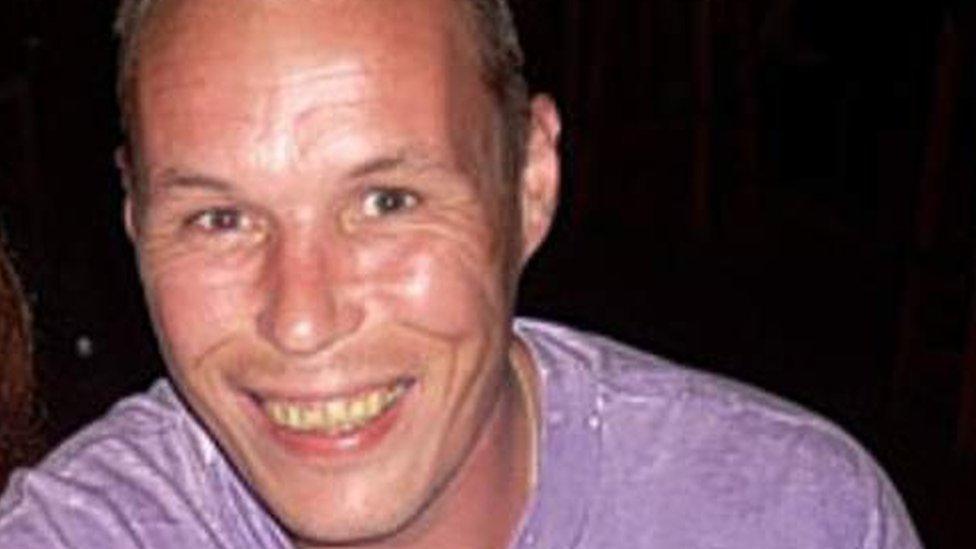
Martin Neighbour, 39, from Maida Vale in London, was found dead on Arambol beach in Goa in February 2008.
Police classed it as drowning, saying an injury to his head was caused by rocks on the shore.
But his girfriend Rosalind Sheherlis said she believed Mr Neighbour was murdered in a dispute over card game winnings., external

The Foreign Office said more than 800,000 British nationals visited India each year and most visits were trouble-free.
But given growing concerns and the number of incidents, it has a separate section on Goa in its travel advice., external
"The vast majority of British nationals visiting Goa do so without any problems," it says, adding there had been four "serious sexual assaults between October 2017 and February 2018".
It also mentions the murder of Ms McLaughlin, who was travelling on a UK passport when she was killed.
"If you're a solo female traveller, you should exercise caution around strangers," it says.
"Don't accept offers of lifts from people you don't know well, including other foreigners. You should observe and respect local dress and customs."
The Indian government said it had taken steps to "develop a friendly and conducive environment" which "ensures safety and security" of tourists.
These included a 24-hour helpline in 12 languages including English to advise on action "during the times of distress while travelling in India" and information about alerting authorities.
State governments including Goa had been advised to deploy "tourist police" to "ensure safety and security of women tourists", it said.
- Published6 April 2018

- Published15 March 2017
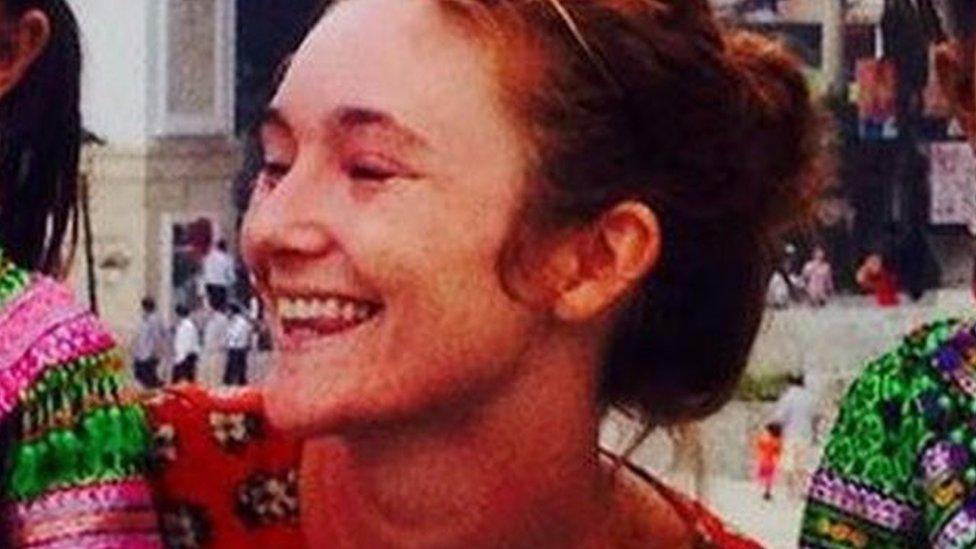
- Published10 February 2017
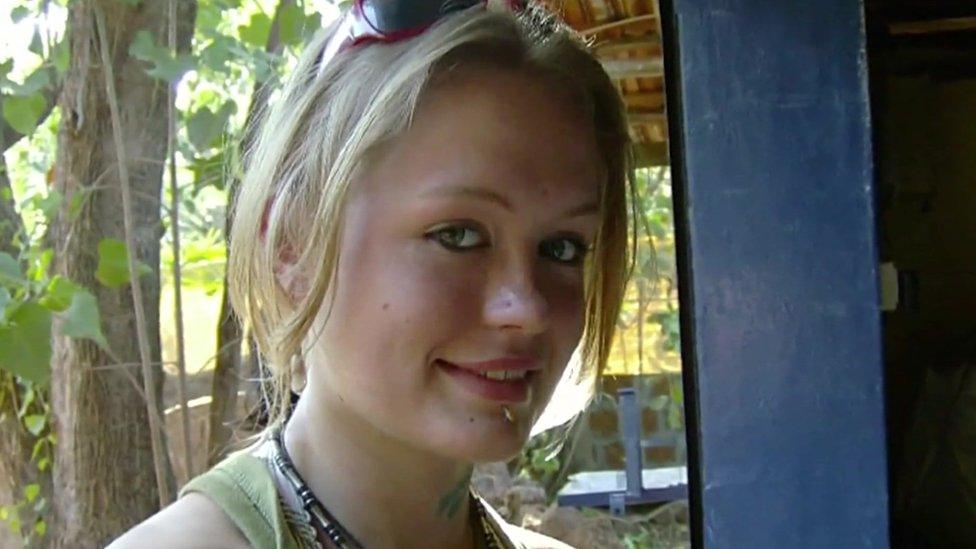
- Published23 September 2016
- Published23 September 2016
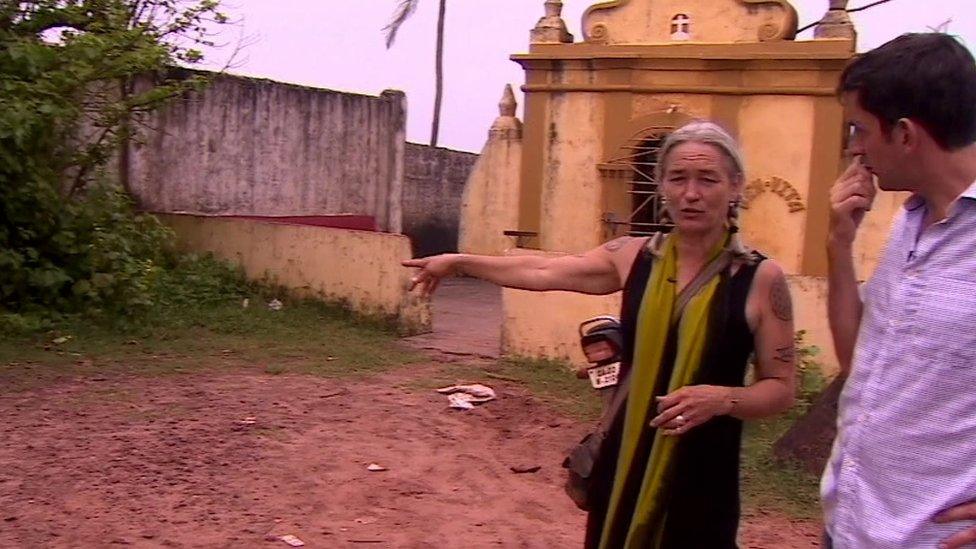
- Published23 September 2016
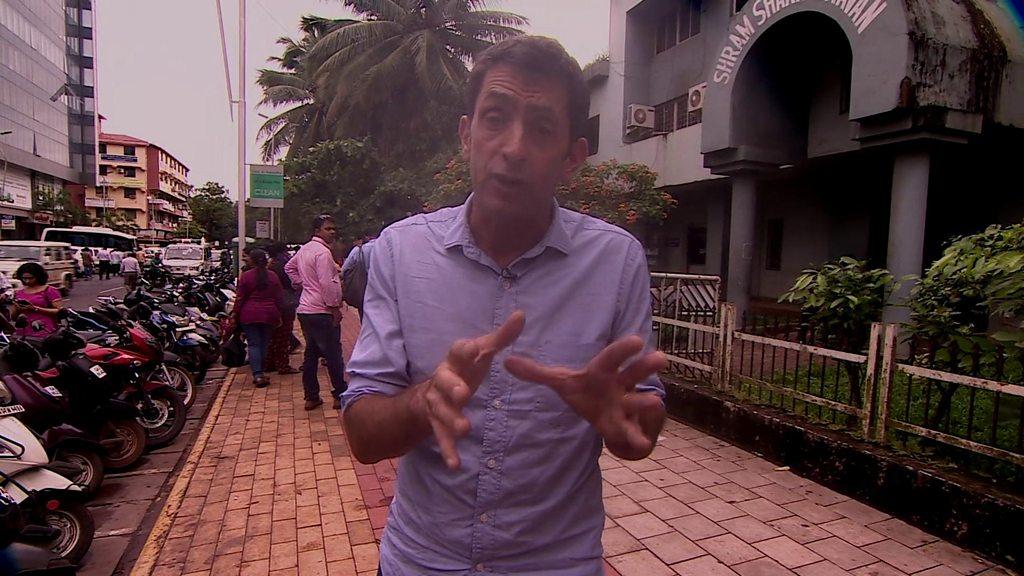
- Published1 February 2016
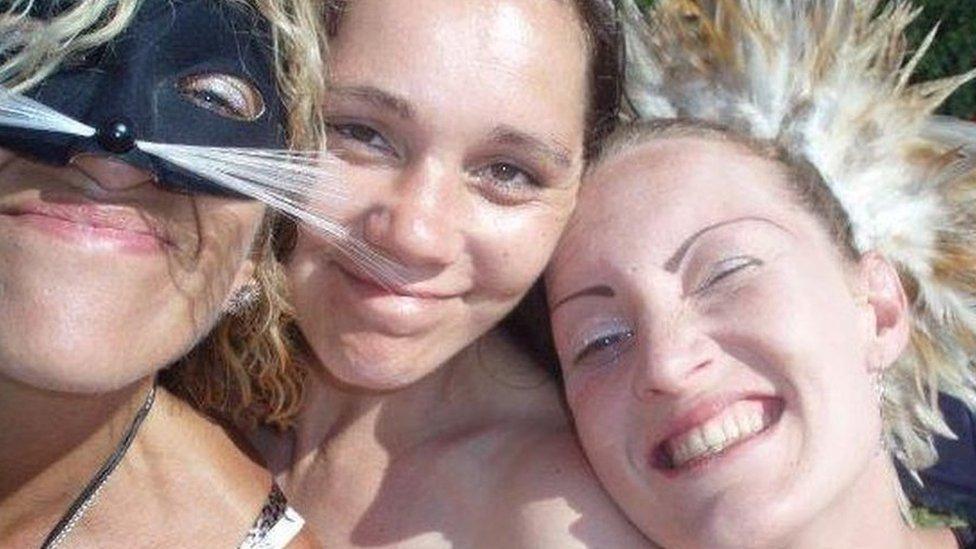
- Published27 September 2015
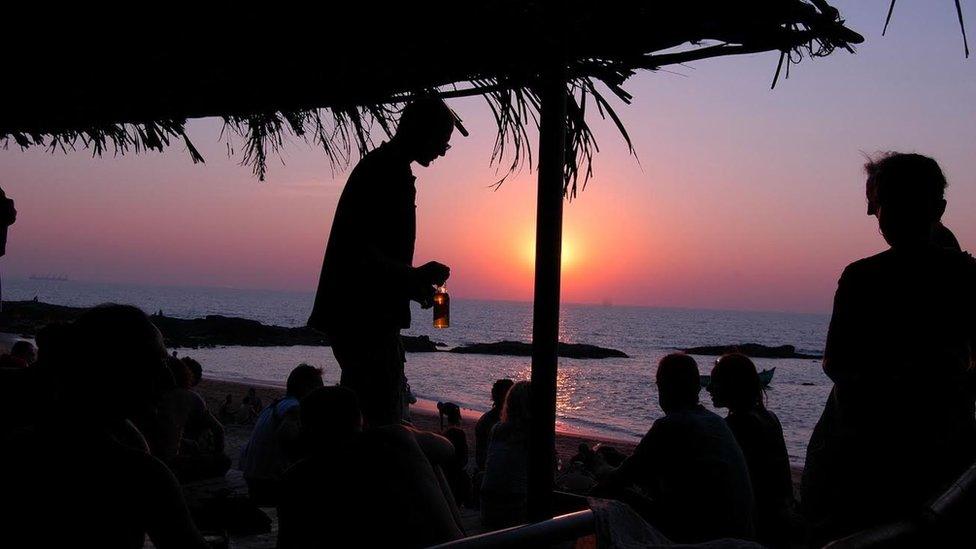
- Published27 December 2013
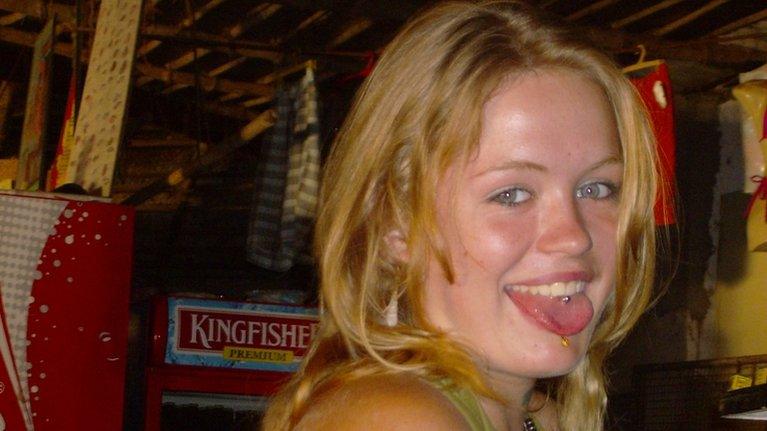
- Published15 June 2012

- Published19 December 2011
